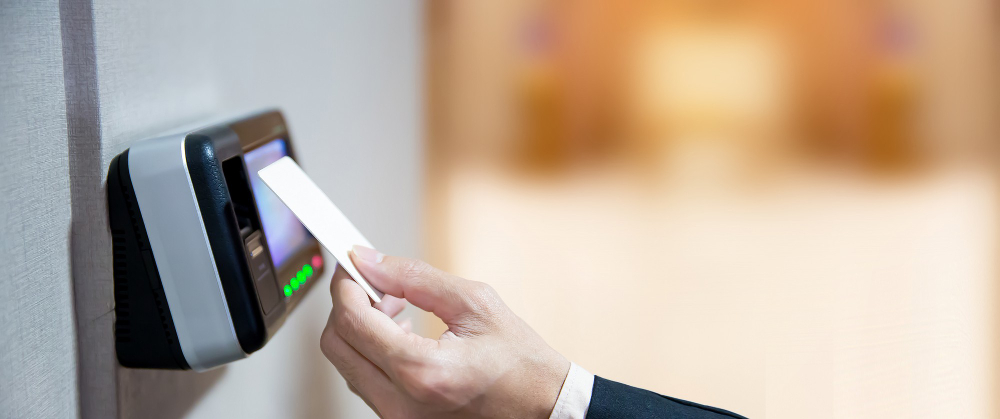
Smart Locks: Worth It or Risky?
As smart home technology expands, one of the most talked-about upgrades is the smart lock. These connected devices promise convenience, keyless entry, and remote access—but they also spark debates about security and reliability.
Should you ditch your traditional deadbolt for a high-tech alternative? In this article, we examine the features, benefits, and drawbacks of smart locks to help you decide whether they’re a smart addition or a potential vulnerability.
What Are Smart Locks?
Smart locks are electronic locks that can be controlled via smartphones, voice assistants, or automation platforms. They replace or enhance your current door hardware, allowing you to lock and unlock doors without a physical key.
These locks often include additional features such as:
- Keypad entry or fingerprint recognition
- Remote access from anywhere via Wi-Fi or Bluetooth
- Temporary codes for guests or deliveries
- Activity logs showing when and how the door was accessed
- Integration with smart home systems like Alexa or Google Home
Pros and Cons of Smart Locks
Here’s a breakdown of the key benefits and drawbacks to consider before switching to a smart lock:
| Pros | Cons |
|---|---|
| Keyless entry adds convenience and flexibility | Battery-powered—can fail if not monitored |
| Remote locking/unlocking from your phone | Vulnerable to hacking if not secured properly |
| Custom access codes for visitors or service people | Some models require Wi-Fi bridges for full functionality |
| Lock/unlock history improves awareness and tracking | Installation may require professional help |
| Can integrate with home automation routines | May be incompatible with certain door types |
| Modern designs enhance curb appeal | Higher cost than traditional deadbolts |
Which Lifestyles Benefit Most?
Smart locks may be ideal for people with the following lifestyles or routines:
- Busy families who want to give kids their own access codes
- Frequent travelers who need to check and manage access remotely
- Homeowners who receive deliveries or service visits while away
- Short-term rental hosts looking to simplify guest check-in
Common Mistakes
Here are some of the most frequent mistakes smart lock users make:
- Not replacing batteries on time, leading to lockouts
- Skipping security updates and leaving firmware outdated
- Using weak or repeated access codes
- Assuming all smart locks work with every type of door or smart hub
Beginner’s Advice
If you’re considering a smart lock, these beginner tips can help you get started:
- Choose a model with both keypad and key backup for emergencies
- Start with a trusted brand that supports your current smart ecosystem
- Read reviews about reliability and app performance
- Use strong, unique codes and enable 2FA where possible
Further Tips
Want to make the most of your smart lock investment? Here are some expert strategies:
- Integrate with smart lighting to flash lights when the door is unlocked
- Set automation routines that lock the door at a certain hour nightly
- Use geofencing to auto-lock or unlock based on your location
- Enable alerts for unusual activity, like multiple failed code attempts
Takeaway
Smart locks bring a modern solution to home entry—offering hands-free convenience, enhanced access control, and integration with your broader smart home. However, they also introduce technical and security challenges that require awareness and upkeep. For most users, the benefits outweigh the risks when used responsibly and with proper safeguards in place.
